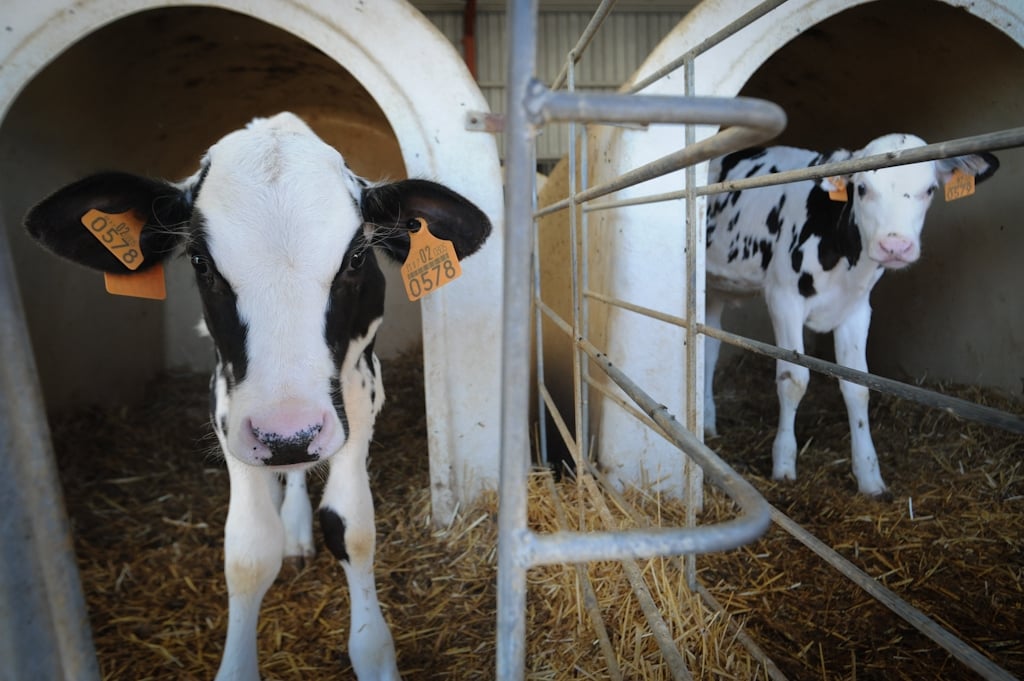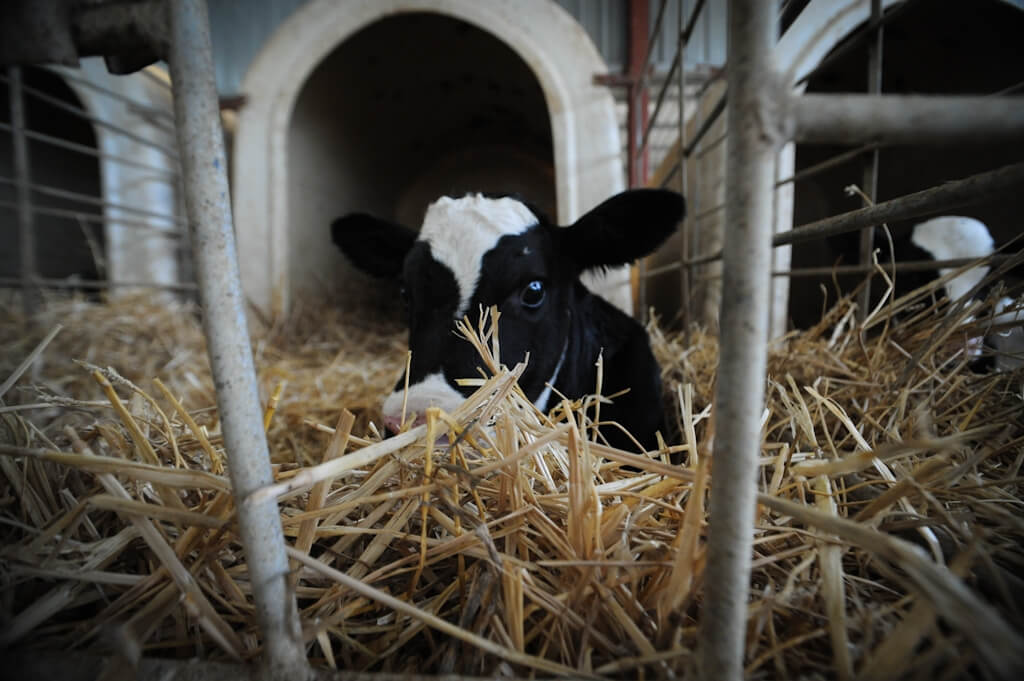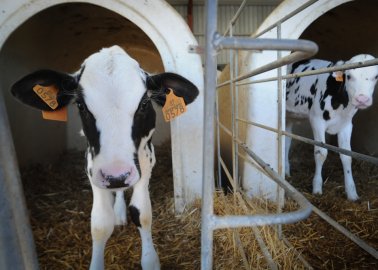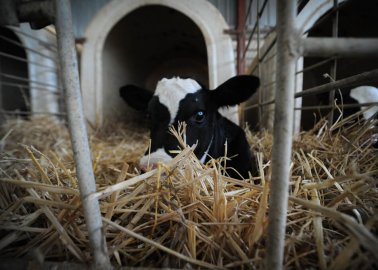Vegan vs Vegetarian – What’s the Difference?
As the world becomes increasingly aware of the multiple benefits of ditching meat, many people are choosing a vegetarian or vegan diet. But how exactly are they different from each other?
What Is a Vegetarian?
Vegetarianism has been around for centuries. In fact, many iconic historical figures were vegetarian, including Albert Einstein, Mary Shelley, and Mahatma Gandhi. Today, most of us know at least one vegetarian, and almost every restaurant in the UK has a vegetarian option on its menu.
In most cases, vegetarians choose not to eat animals because they oppose treating them cruelly. They don’t consume the flesh of any animal, including pigs, chickens, cows, sheep, and fish. They may also avoid foods that contain animal-derived ingredients such as gelatine (found in some sweets) and rennet (found in certain cheeses).

Can You Be a Vegetarian and Eat Fish?
Technically, no. Many people hold the misconception that, in terms of their ability to feel pain and fear, fish are somehow in a different category from land animals. However, just like other living beings, fish are sentient. Dr Sylvia Earle, one of the world’s leading marine biologists, famously explained why she would never eat fish:
I never eat anyone I know personally. I wouldn’t deliberately eat a grouper any more than I’d eat a cocker spaniel. They’re so good-natured, so curious. You know, fish are sensitive, they have personalities, they hurt when they’re wounded.
A person who doesn’t eat land animals but does consume fish is most often referred to as a “pescatarian”.

What Is a Vegan?
In addition to avoiding all animal flesh, vegans don’t consume dairy “products” (such as milk, cheese, ice cream, and yogurt), eggs, or any other foods that are derived from animals.
However, being vegan is not only a way of eating but also a way of life – a philosophy. It’s the fundamental belief that animals exist for their own reasons and have the right to be treated with respect. Vegans believe that humans shouldn’t exploit animals but rather should leave them in peace to lead their own lives. Like those involved in other social justice movements – such as those for women’s, LGBT, and civil rights – vegans advocate compassion and equal consideration for all.
PETA’s motto states, “Animals are not ours to eat, wear, experiment on, use for entertainment, or abuse in any other way.” Vegans live in alignment with these principles and strive to make compassionate choices.
Luckily, there has never been a better time to go vegan!

How to Eat Vegan
You might be thinking, why should I avoid eating dairy “products” and eggs? Why not just be a vegetarian?
We’re led to believe that animals raised on dairy and egg farms are treated humanely, but in reality, these industries are just as bad as the meat industry.
Treated as milk-producing machines, cows on dairy farms are genetically manipulated and may be given antibiotics and hormones. Their calves are taken away from them at just 1 day old, causing grief and anguish to both mother and calf. Mother cows often bellow and call out frantically for their young for several days.
Cows raised to produce milk may spend their entire lives standing on concrete floors. They’re fed unnatural, high-protein diets – which include dead chickens, pigs, and other animals – to make them produce a higher yield of milk. Those in the British dairy industry today typically produce 10 times more milk than they would need to feed a calf. As a result, they frequently suffer from painful udder inflammation, or mastitis, which leads to higher levels of pus and bacteria in their milk.
The strain of continual pregnancy exhausts cows and often leaves them lame. When they are worn out and can no longer produce such large volumes of milk, they’re sent to the abattoir and killed.
The egg industry is just as abhorrent. Many consumers are duped by marketing claims into believing that their eggs come from “happy” hens, but this couldn’t be further from the truth – even on so-called “free-range” farms:
The best way to get started with vegan eating is to order or download a copy of our free vegan starter kit. Packed with recipes, nutrition advice, product recommendations, and more, it’s a great resource for anyone wishing to lead a more compassionate life.
How to Wear Vegan
Leaving animals out of your wardrobe is easier now than ever before. Instead of supporting the cruel wool, leather, fur, and silk industries, check out these fashionable vegan alternatives:
How to Help Animals Used for Experimentation
One of the first steps you can take to help animals in laboratories is to make sure that you buy only vegan, cruelty-free cosmetics, toiletries, and household products. This means that they haven’t been tested on animals and are free of animal-derived ingredients.

To avoid giving your money to companies that test on animals, check out the PETA US “Beauty Without Bunnies” database and our full guide to going cruelty-free:
How to Help Animals Used for Entertainment
Making a positive difference in the lives of animals used for entertainment is really easy, and more and more people are coming to realise that holding animals captive and subjecting them to a lifetime of suffering for the sake of our own amusement is cruel and unnecessary.
Simply choose not to go to circuses that use animals, take children to reputable sanctuaries or show them wildlife documentaries rather than visiting zoos, and boycott marine-mammal parks like SeaWorld.
Instead of going to the races and supporting the horse-racing industry, which routinely whips and injures horses and often “retires” them to the abattoir, why not get dressed up and throw a party instead?
Going Vegan Brings Lots of Benefits
There are countless benefits to being vegan. If you want to learn more about the positive effects, check out our top seven reasons for ditching meat:







